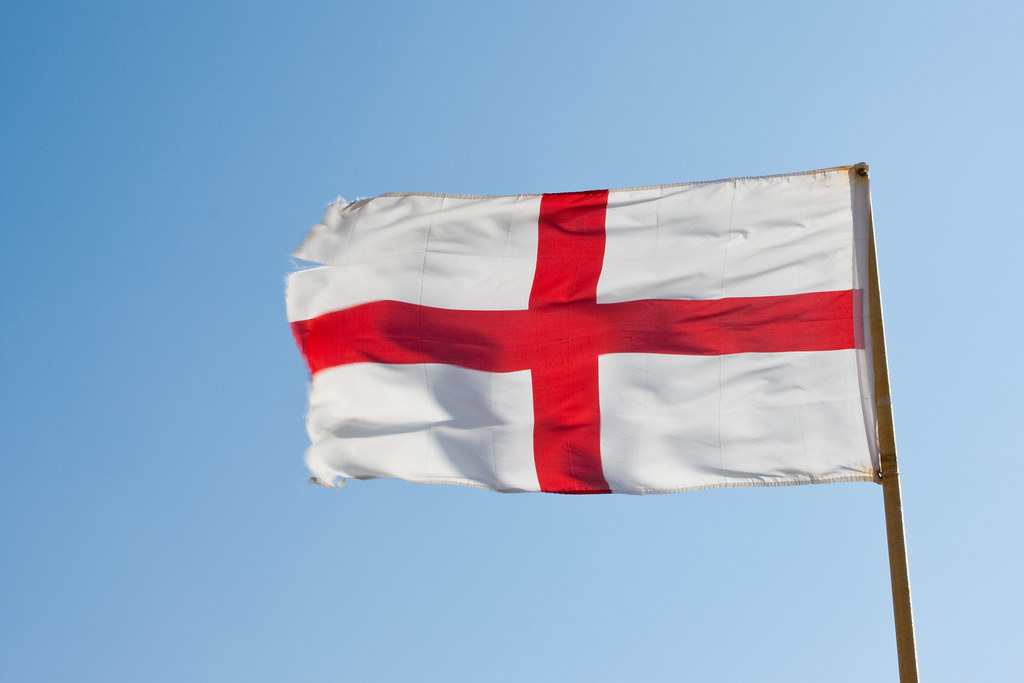
Today is St. George’s Day. Thought to be born in Turkey from a Palestinian mother, St. George is the patron saint of England and many European countries including Greece and Germany.
The legend of Saint George slaying the dragon is well-known. It’s said that he rescued a princess and defeated a fearsome dragon that was terrorising Selene (modern day Libya), symbolizing courage and triumph over evil.
He never actually stepped foot in England but his virtuous reputation managed to spread across the country. His feast day (St. Georges Day) on April 23 has been celebrated annually since the 9th century!
The legend of St. George and the dragon became popular in the Middle Ages in a compilation of stories about saints’ lives, The Golden Legend. Images of George with the dragon survive all the way from the 9th century (500 years after his death). Originally these may simply have been representations of the battle between good and evil.

Despite its reputation, St George’s Day is celebrated in lots of other places as well as England. It’s said to be celebrated in Venice, Ethiopia, Portugal, as well as Germany, Palestine and Catalonia. In the Middle Ages, it was believed that St George was one of the ‘Fourteen Holy Helpers’ – a group of saints who are able to help during epidemic diseases.
St. George protested against Romans treating Christians’ poorly whilst he was a Roman solider himself. He was eventually executed for not giving up his religious beliefs. He was described as a Great Martyr.
St George’s Chapel was built at Windsor Castle by Edward IV and Henry VII, and made the official chapel for the Order of the Garter.
English soldiers would wear the cross of St George on their fronts and backs. From the 14th Century, Saint George begins to be regarded as a special protector of the English.
The annual St. George’s Day Parade in Manchester was well attended on Sunday as crowds of people took advantage of the sunshine to celebrate.
For some people the day is a day to contemplate all that is good about this country and our values, to others St. George’s Day is irrelevant.
Salford Now took to the streets of the Salford City Shopping Centre to hear what the general consensus is surrounding St. George’s Day in Salford.
Salfordian, Jack Hobbs, said: “I think we’ve lost it (patriotism) over the years somehow. It’s just become a normal day. I’m 76 years of age and everything that I consider to be British has been diluted as I got older.
“I do attend the Cenotaph in the Crescent, Salford and the numbers there have dwindled over the years. The British Legion have been done away with now and all the ex and former military just don’t go there anymore.”
Another Salfordian, Christopher Holmes, replied: “I think with English there is a often a reluctance to be proud of our nationality, unlike other countries like USA and Ireland. I feel there is stigma towards it and it’s not celebrated in the same way St. Patrick’s Day is.”
The featured image is taken by Steve Webster, flickr.














Recent Comments